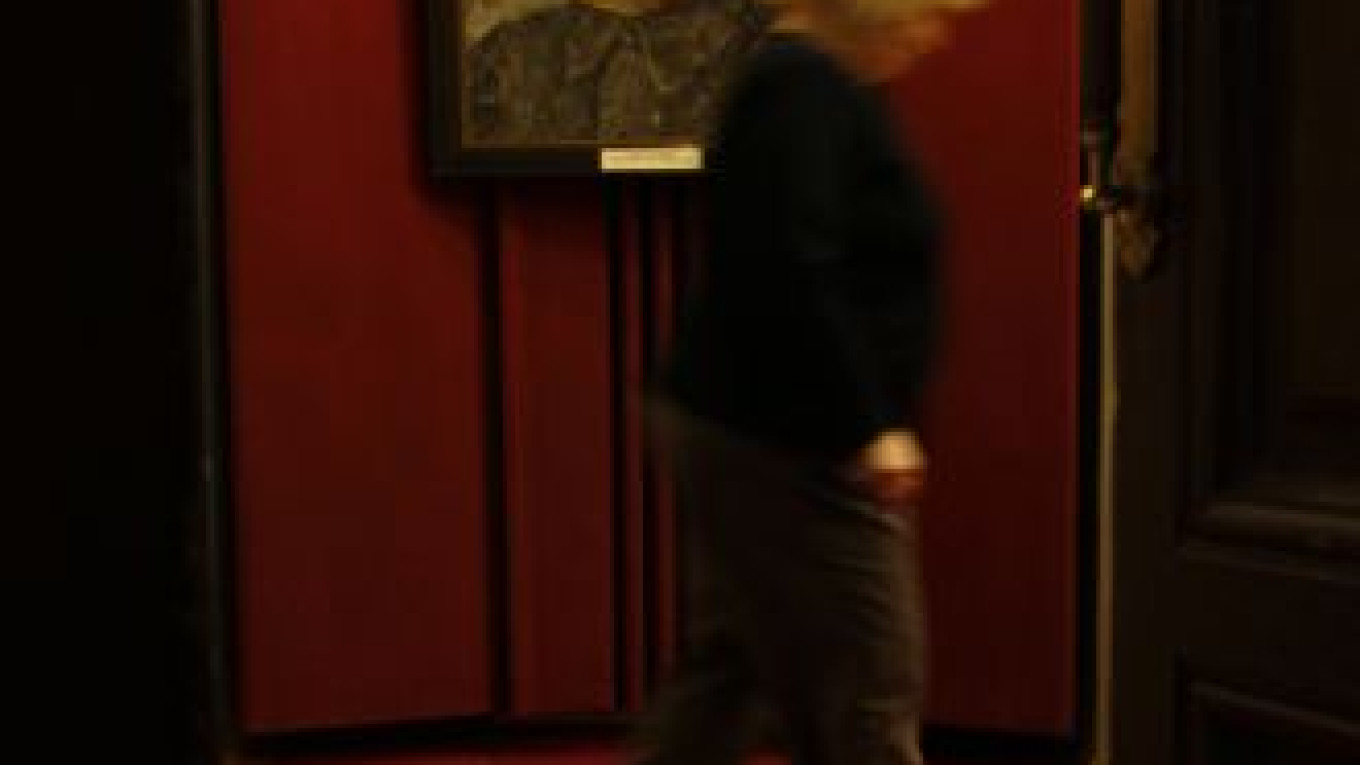ST. PETERSBURG — The Federal Security Service has published previously secret documents that shed light on a notorious murder 75 years ago that historians say sparked the purges of Soviet dictator Josef Stalin.
The mysterious killing of Stalin’s rival Sergei Kirov on Dec. 1, 1934, has remained one of the Kremlin’s most closely guarded riddles for decades because many of the key documents were immediately classified by the secret police.
Kirov, a fiery Bolshevik revolutionary whose popularity among ordinary Communist Party members by far outshone that of Stalin, was shot dead in a corridor near his office in Leningrad, now St. Petersburg, by a man called Leonid Nikolayev.
Historians have long suspected that Stalin had Kirov killed to eliminate a rival and a potential threat.
But documents released this week by the Federal Security Service — including Nikolayev’s diary, published with the permission of his son — painted a picture of a disillusioned Communist Party functionary acting alone, out of bitterness and revenge.
Nikolayev had tried hard to rise to the top of the Leningrad Party hierarchy but instead was told to go and work at a factory in a lower position.
He decided to take revenge on Kirov after he was thrown out of the party for “breaching party discipline,” denied treatment in a sanatorium despite having heart problems, and could no longer get food rations available to party apparatchiks.
“You can eat yourself now — no money, no food,” the father of two wrote in his diary. “For themselves, they [Party leaders] hold garages with automobiles, for us they have sodden bread.”
After a summary trial held in December 1934, a military court found Nikolayev and 13 others guilty of taking part in a terrorist organization called “the Leningrad Center.” They were immediately executed.
This alleged conspiracy — for which the newly published documents provided no evidence — gave Stalin the pretext to initiate the first wave of mass purges that ravaged the Soviet Union. Millions of people were killed and countless others had their lives ripped apart as his Great Terror moved toward its peak in 1937-1938.
“After the murder of Kirov, Leningrad’s population shrank by 35,000 people in the first quarter of 1935,” said Tatyana Sukharnikova, director of the Kirov Museum.
“But there was neither cholera nor plague in the city at the time. This was a purge of the city — complete with evictions, executions and [concentration] camps,” she said, presenting yellowed pages of documents on an electronic screen to journalists and scientists this week.
The new evidence supported the theory, first expounded by politician and historian Alexander Yakovlev in 1990, that Nikolayev was a “lone terrorist,” not part of a bigger plot.
“I am dying for political convictions,” the assassin wrote several weeks before shooting Kirov.
“There is no free choice of life, I must die. I want to die with the same happiness that I was born with. … The strike must be made without the slightest miss.”
A Message from The Moscow Times:
Dear readers,
We are facing unprecedented challenges. Russia's Prosecutor General's Office has designated The Moscow Times as an "undesirable" organization, criminalizing our work and putting our staff at risk of prosecution. This follows our earlier unjust labeling as a "foreign agent."
These actions are direct attempts to silence independent journalism in Russia. The authorities claim our work "discredits the decisions of the Russian leadership." We see things differently: we strive to provide accurate, unbiased reporting on Russia.
We, the journalists of The Moscow Times, refuse to be silenced. But to continue our work, we need your help.
Your support, no matter how small, makes a world of difference. If you can, please support us monthly starting from just $2. It's quick to set up, and every contribution makes a significant impact.
By supporting The Moscow Times, you're defending open, independent journalism in the face of repression. Thank you for standing with us.
Remind me later.


